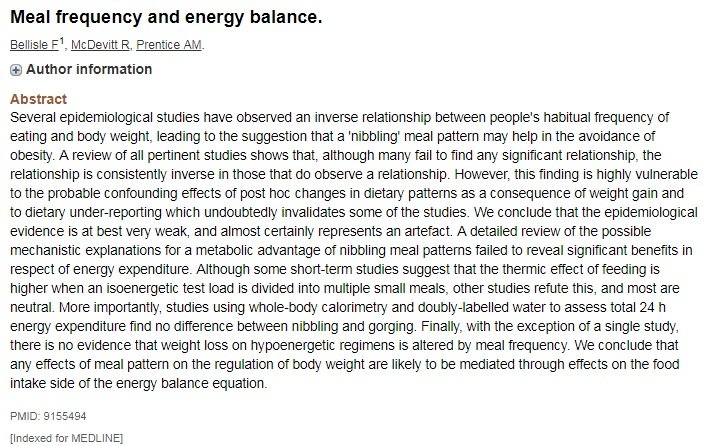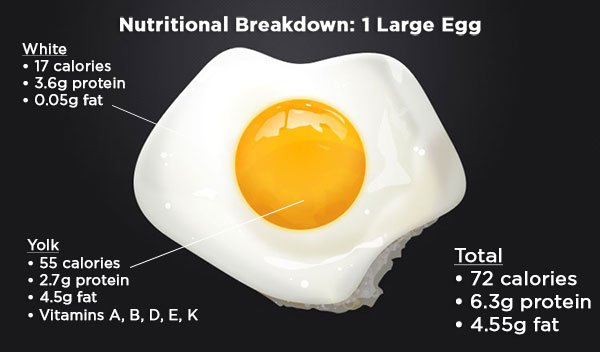Hello Steemit community! This is the first post of many I hope to make about: health lifestyle (food, fit life), travel tips and others things that I might think is worth to put some effort to make.
First of all I would like to say that I'm NOT a doctor and neither a nutritionist, all that I'll write here I've learned from living experience, books and many people that have a lot of knowledge.
You might think a little hard to understand at the beginning because I'm going to show more the "science" behind the weight loss/gain process, but if you read till the end I promise that you will learn a lot and will have the knowledge to choose what weight you want to have.
I wont show any miracle diet, but I'll present an approach on how to deal with food so you can use it on your favor and not become a slave of it. This is the true secret behind weight loss/gain: consistency. What's the use of starting a diet full of foods that you don't like wich will make you follow her for like 1 month and then give up? Diet was supposed to be something sustainable that you will drag for your entire lifetime without bringing any suffering, be physical or psychological.
On this approach foods will become only numbers, the most important thing will be the macronutrients. Consume what you love with moderation is the key.
But what are macronutrients? Basically they are the nutrient that generates calories when ingested. There are 3 most important macronutrients that you probably already heard about: Proteins, Carbs and Fat.
Proteins: they are organic molecules composed by amino acids that helps on growth and repairs of tissue, helps on ezyme production, hormones, neurotransmitters and antibodies.
Carbs: they are the main source of energy of our body. They work as fuel and have the function to regulate the metabolism of proteins.
Fat: many people have the mentality that fat are bad. Of course that trans fat from trash food shouldn't be consumed on large quantities. However, the good fat must be part of your diet. They are essentials for good metabolic function, protects the heart, helps the blood circulation and are basis for the formation of many hormones, including the sexuals hormones.
We will use this information later, but you need to remember that:
Protein: 1 gram = 4 calories
Carbs: 1 gram = 4 calories
Fat: 1 gram = 9 calories
The first thing you need to know is how much energy (calories) your body use at rest. That is your metabolism. A fast metabolism will use more calories, a slower will use less. The most precisive way to measure your Basal Metabolic Rate
it's through an exam called Bioimpedance. If you can do this exam good, if you can't there is another way. There is a formula to get an approximate number, every individual is different, the calculation will never be exact.
Here is the link: http://pt.calcuworld.com/nutricao/taxa-de-metabolismo-basal-metodo-harris-benedict/
I didn't found it in english, but its pretty intuitive. You will mark your gender (homem=male, mulher=female), your weight, your height, your age and your activity level (sedentary, light activity, moderate activity, intense activity or very intense activity).
At the end you will get a approximate number, that number is how much calories you need to MAINTAIN your weight. So do a test: Eat 200 less calories than this number every day during 1 week. If you lost weight, you found your caloric deficit. If not, eat even less, until you found how much calories you have to eat. To gain weight is the opposite, you have to eat more calories than your metabolic rate.
Ok, this is the science behind weight loss/gain, so what I should eat?
Health food by itself will not make you loose weight. A person who eat huge quantities of only chicken, rice and broccoli can actually gain weight, because what matter in the end is to eat LESS calories than your metabolism uses. So I'll show your the method that I use to make my diets.
First of all you will always look to the period of 24 hours, that means: doesn't matter the time or how much meals will be made during the day. The goal is to eat the correct amount of macronutrients. This method (not diet) is called IIFYM (If it fit your macros.)
I don't know if that exists around the world, but in Brazil there's a myth that says: "If you do more meals during the day your metabolism you get faster." That's actually a lie.

Ok, so now you know that the important thing is to beat your calories at the end of the day. But how I know how much calories i'm eating?
You will have to do the math with the values that was introduced early. For example:

An egg, depending on the size, generally have 72 calories, being 25 calories coming from 6.3g of protein (6.3 * 4=25) and 40kcal coming from 4.55g of fat (4.55 * 9). So you will have to look to the nutritional values of the foods and do the math. It might look SUPER HARD at the beginning but it becomes automatic after you doing this sometimes.
Ok, so what percentage of each macronutrient should I be eating? Depends on your goal.
I personally like to eat 2g/kg of protein, 1g/kg of fat and the rest on carbs. But again, everyone is different and you will have to find what works better for you.
So, if the foods are just numbers, I can eat only McDonald's?The answer is yes and no.

If you eat only McDonald's every single day but still eat less calories then your metabolic rate, you will certainly loose weight. But your health will be compromised. That's because the food is not only made by macronutrients, they are also made by micronutrients (vitamins and minerals) wich are essentials for the body. Industrial food generally are super poor on micronutrients and you might loose weight but will get sick eventually.
The key here is moderation. I like to do 80% of all my calories coming from health food and the other 20% from "trash" food. This way I can eat chocolate, pizza or every other food considered bad, everyday. Doing this I'll be able to maintain my diet during my whole life because I won't be cutting the foods that I like from my diet.
So this is it. If you read this far thank you, hope you learned something. If you like the content please gives an upvote and more important follow my profile because I'm going to make many others posts like this one.
I know there are some english errors, sorry about that :(
Source(s): http://www.guiadenutricao.com.br/
https://www.ncbi.nlm.nih.gov/pubmed/9155494
your welcome and its really helpfull.. so to me also will like you to flow me and make some upvote to my post when you read,,,Tnaks for everything...#sbmaina02